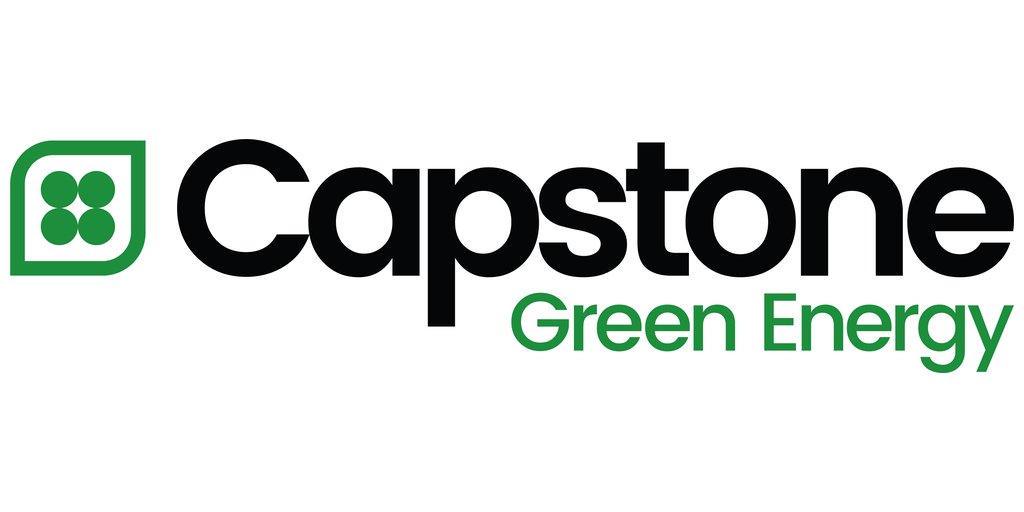Surge Copper (TSXV: SURG; OTCQB: SRGFX) revealed its progress towards delivering a pre-feasibility study (PFS) on its Berg project in west-central British Columbia. The company provided its first detailed announcement describing the study’s scope, engaged technical consultants, and the substantial new datasets underpinning the work.
The company completed trade-off studies that began in August 2025, finalizing key design decisions on throughput and power connection. The PFS advanced into full design and cost estimation work, with completion anticipated in mid-first half of 2026.
In 2023, Surge Copper announced a maiden preliminary economic assessment (PEA), outlining a large-scale, long-life project with a straightforward design and significant outputs of copper, molybdenum, and precious metals. The PFS aimed to build on this foundation by refining engineering, optimizing design, and updating the project’s economic and technical parameters.
The PFS integrated recent drilling, metallurgical, geotechnical, and environmental datasets into an updated mineral resource estimate, improved mine plan, PFS-level process flowsheet, and revised capital and operating cost estimates. Detailed engineering work on waste, water, tailings management, and site infrastructure progressed alongside economic analysis. The PFS represented an essential milestone for the company’s future advancement activities, including setting the foundation for an initial mineral reserve declaration and supporting environmental assessment (EA) readiness.
CEO Leif Nilsson commented on the company’s progress and the significance of the PFS for the Berg Project. He highlighted the potential for the project to play a meaningful role in meeting growing long-term supply needs of global copper and molybdenum markets.
Surge Copper appointed Ausenco Engineering Canada ULC as lead consultant for the PFS, with Moose Mountain Technical Services (MMTS) leading mineral resource estimation and related engineering fields. Both firms brought extensive experience in delivering PFS and FS-level studies in British Columbia and globally.
The company significantly expanded the Berg drilling database since the 2023 PEA, growing from 54,384 metres in 210 holes to 64,574 metres in 237 holes. Additional drilling programs tested pit wall conditions, characterized waste rock units, and refined understanding of structural controls across the deposit.
Surge completed a comprehensive metallurgical testwork program, demonstrating improvements in copper and molybdenum recovery expectations. Geotechnical drilling and investigations improved pit slope design, foundation characterization, and site layout planning.
The company advanced environmental baseline studies across key disciplines to support future permitting and project design. Surge continued to engage with Indigenous nations through regular dialogue, field participation, and collaborative planning activities.
Since the 2023 PEA release, the policy and fiscal environment for critical mineral development in British Columbia evolved supportively, including increased emphasis on critical minerals and proposed tax changes improving the competitiveness of large-scale copper development projects.
For more information, visit www.SurgeCopper.com



